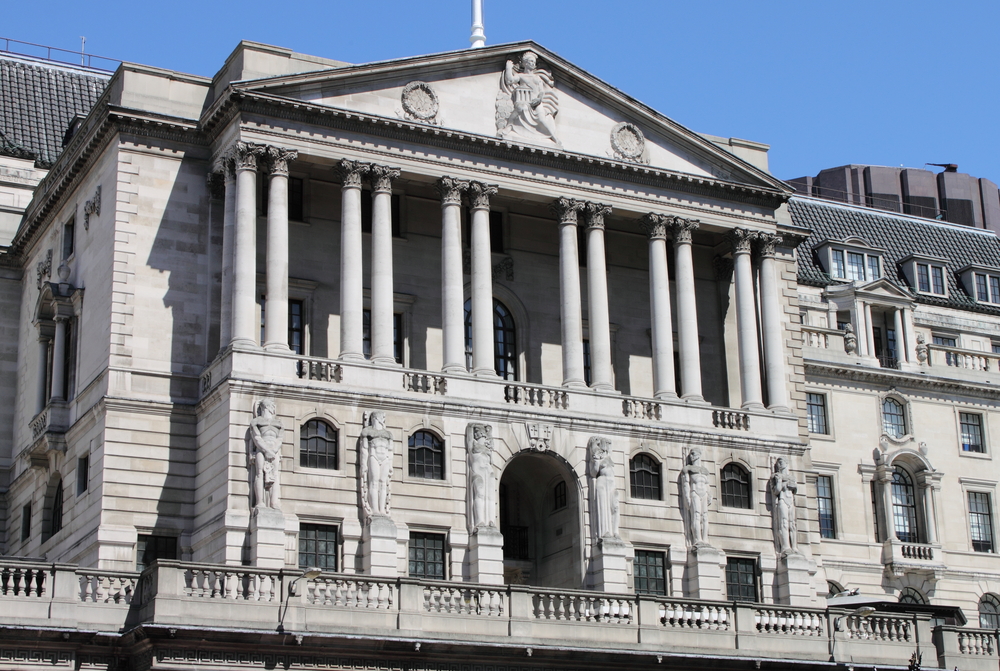Members of the Monetary Policy Committee (MPC) voted unanimously to hold the base rate at 0.75% in November, after last raising it from 0.5% in August.
The committee noted that GDP is expected to grow by around 1.75% per year on average and household consumption is set to grow modestly relative to historical rates, broadly in line with real incomes.
However, the MPC said that business investment was more subdued than previously anticipated as the effect of Brexit uncertainty has intensified.
Notes from the meeting held last night, stated: “The economic outlook will depend significantly on the nature of EU withdrawal, in particular the form of new trading arrangements, the smoothness of the transition to them and the responses of households, businesses and financial markets.
“At this meeting the MPC judged that the current stance of monetary policy remained appropriate. Any future increases in Bank Rate are likely to be at a gradual pace and to a limited extent.”
It added that CPI inflation is projected to remain above the target for most of the forecast period (to 2021), before reaching 2% by the end of the third year.
Alistair Wilson, Zurich’s head of retail platform strategy, said with inflation falling lower than expected at the last count, and wages having risen at the fastest pace in nearly a decade, this has eased pressure to raise rates in the immediate future.
Tom Stevenson, investment director for Personal Investing at Fidelity International added: “It is not hard to see why the Bank is treading carefully.
“Raising rates prematurely risks tightening the squeeze further on a UK economy that is struggling to return to its pre-crisis rate of growth.
“The OBR’s forecasts suggest that is unlikely to change during the ongoing period of Brexit-related uncertainty.
“The housing market, which is key to the health of the British economy, is slowing. Wage growth is barely positive in real terms. Manufacturing is struggling.”
















